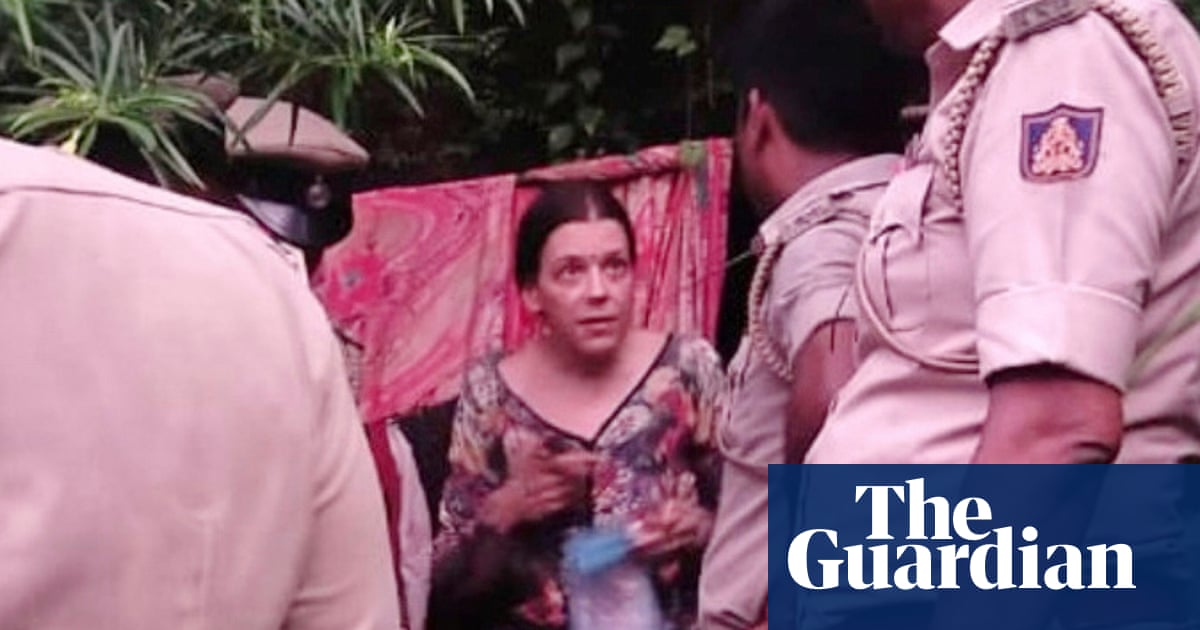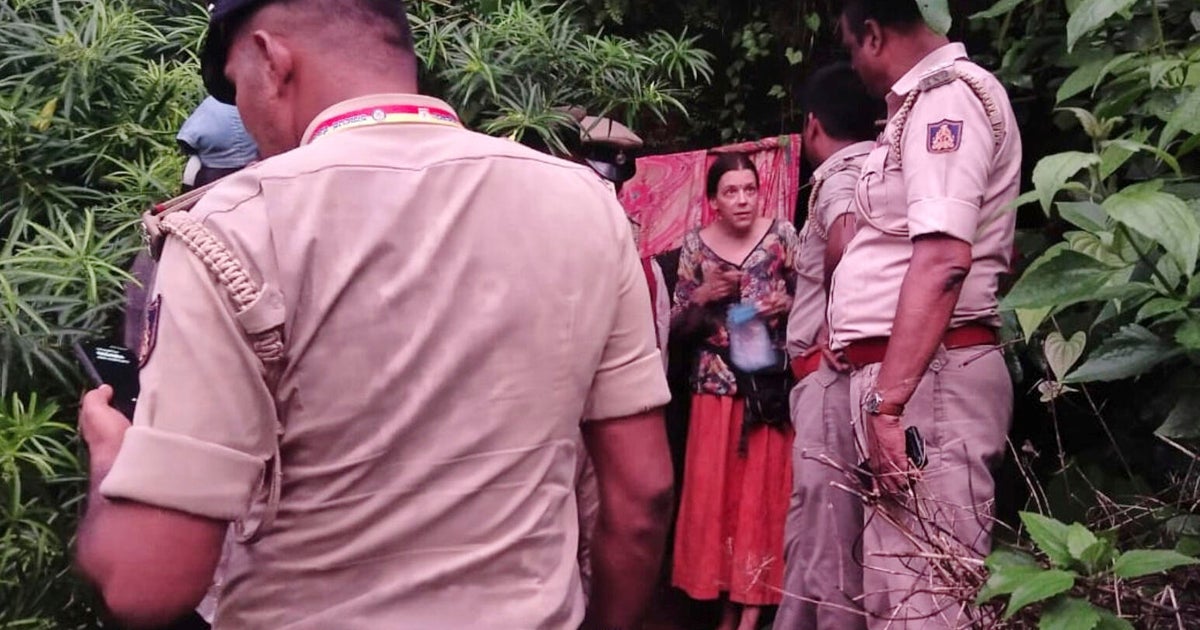T4K3.news
Russian woman and daughters found in Indian cave
Nina Kutina and her daughters were discovered living in a cave in Karnataka after police patrols.

Nina Kutina and her daughters lived in a cave to escape urban life before police intervened.
Russian woman and daughters found living in cave in India
Nina Kutina, a 40-year-old Russian woman, and her two daughters, aged four and six, were discovered living in a cave in Gokarna, India on July 9. They had been living there for at least a week after spending several months in the area. Kutina described a simple life away from modern society, cooking meals, swimming in rivers, and engaging in arts and crafts. However, authorities found the family after police noticed a curtain of red saris marking the entrance of the cave. Despite police warnings about the dangers of cave living, Kutina expressed her disillusionment with human society. After being removed from the cave, the family was taken to a shelter as immigration authorities arranged for Kutina's deportation due to her lack of valid documents.
Key Takeaways
"Living in nature was peaceful, away from urban life."
Kutina described her lifestyle before the police intervention, highlighting her desire to escape stress.
"Once again, evil has won in this situation."
Kutina expressed her feelings about being removed from the cave, emphasizing her sense of loss.
"I cooked on a fire or gas cylinder, depending on the season."
This quote illustrates how Kutina adapted to life in the cave while providing for her family.
"First, there were multiple personal losses – not just the death of my son."
Kutina reflects on the hardships prompting her retreat into the forest away from society.
The story of Nina Kutina raises important questions about mental health, attachment to nature, and societal challenges. Many people today feel overwhelmed by modern life. Kutina's retreat into the wilderness suggests a profound dissatisfaction with societal norms. Her struggles reflect broader issues including grief, legal status, and the quest for personal freedom. Authorities' actions may be seen as protective, yet they also reflect a conflict between individual desires and societal laws. As the family navigates this transition, it highlights the delicate balance between seeking peace and facing the realities of legal obligations and societal concerns.
Highlights
- Living in nature was peaceful, away from urban life.
- Animals and snakes were our friends, not our foes.
- We now sleep on an icy hard floor in a prison without sky.
- Once again, evil has won in this situation.
Sensitive immigration and societal issues
The family's living conditions and immigration status raise concerns about their future amidst complex legal obligations and societal expectations.
The complexities of personal choice versus societal obligations will likely resonate in future discussions.
Enjoyed this? Let your friends know!
Related News

Russian woman and daughters found living in cave in India

Remarkable stories of plane crash survivors

OnlyFans model seriously injured in Dubai

Mother of injured Dubai model receives threats

Dismembered body discovered in Italy

Mother reveals painful details about injured model

Arrest made in killing of couple hiking in Arkansas

Melissa Wilband sentenced for infant daughter's death
